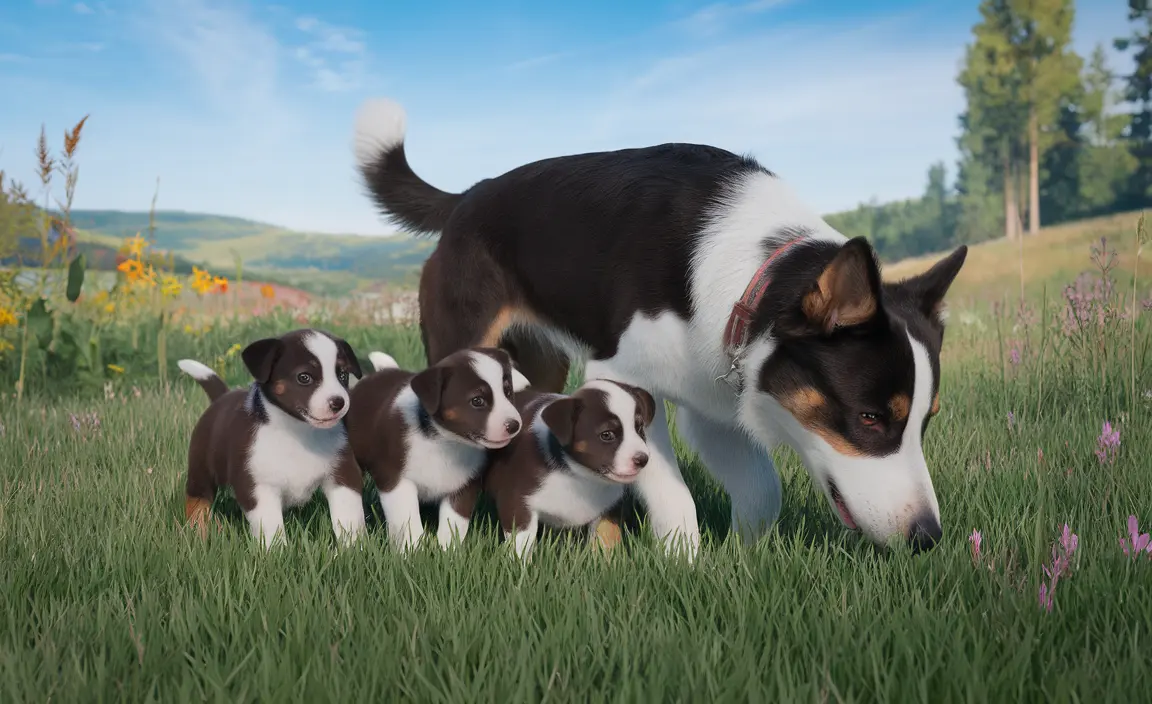When it comes to understanding the memory span of dogs, particularly regarding their offspring, the question 'do dogs remember their puppies?' often arises. It's a captivating query that delves into the depths of canine memory and maternal instincts.
The Canine Memory Mechanism
Dogs, much like humans, have associative memory. This type of memory allows them to recall specific experiences based on associated stimuli, such as scent, sounds, or locations. While dogs do not possess declarative memory — the ability to remember specific details — their associative memory is powerful enough to recognize their puppies through scent and behavior.
Maternal Bonding
The bond between a mother dog and her puppies is strong due to the initial maternal instincts and chemical bonding. During the early weeks, a mother dog uses her sense of smell and behavior recognition to identify and care for her puppies.
Remembering After Separation
After puppies are weaned and separated from their mother, the long-term memory of the mother dog could become less distinct. While she might not recognize her grown offspring as her 'puppies,' she may still respond to familiar scents or behaviors associated with them.
Studies suggest that while dogs may have a diminished memory of their puppies over time, they often retain a sense of familiarity through lingering scents or other associative triggers.
Conclusion
Though dogs may not hold explicit memories of their puppies in the way humans do, their strong associative memory ensures that they often recognize their offspring through scent and behavior cues. Understanding this aspect of canine memory provides a glimpse into the rich sensory world in which dogs operate.






